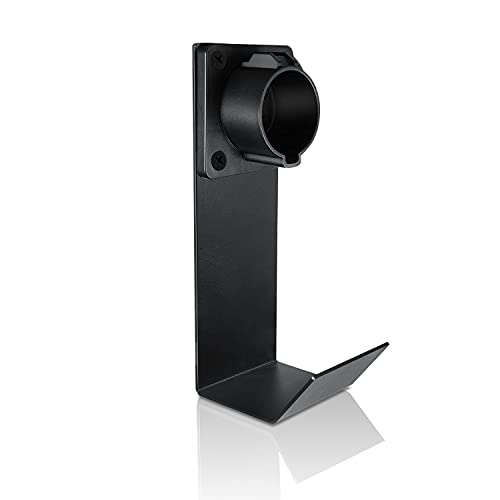mark_rivers19 said:
What's NEXT? Prosecuting people who USEs unlocked WiFi broadcast?
That's also stealing right?
With all these advancement in technology, we're moving backwards in this thing called Common sense. Maybe, it's not as COMMON as we used to believe.
Actually you need to research that one even more, you may be surprised what you find. And of course there is this regarding the guy how was arrested:
Wednesday evening, Chamblee City Manager and Police Chief Marc Johnson issued the following statement:
We received a 911 call advising that someone was plugged into the power outlet behind the middle school. The responding officer located the vehicle in the rear of the building at the kitchen loading dock up against the wall with a cord run to an outlet. The officer spent some time trying to determine whose vehicle it was. It was unlocked and he eventually began looking through the interior after verifying it did not belong to the school system.
The officer, his marked patrol vehicle and the electric vehicle were all in clear view of the tennis courts. Eventually, a man on the courts told the officer that the man playing tennis with him owned the vehicle. The officer went to the courts and interviewed the vehicle owner. The officer's initial incident report gives a good indication of how difficult and argumentative the individual was to deal with. He made no attempt to apologize or simply say oops and he wouldn't do it again. Instead he continued being argumentative, acknowledged he did not have permission and then accused the officer of having damaged his car door. The officer told him that was not true and that the vehicle and existing damage was already on his vehicles video camera from when he drove up.
Given the uncooperative attitude and accusations of damage to his vehicle, the officer chose to document the incident on an incident report. The report was listed as misdemeanor theft by taking. The officer had no way of knowing how much power had been consumed, how much it cost nor how long it had been charging.
The report made its way to Sgt Ford's desk for a follow up investigation. He contacted the middle school and inquired of several administrative personnel whether the individual had permission to use power. He was advised no. Sgt. Ford showed a photo to the school resource officer who recognized Mr. Kamooneh. Sgt Ford was further advised that Mr. Kamooneh had previously been advised he was not allowed on the school tennis courts without permission from the school . This was apparently due to his interfering with the use of the tennis courts previously during school hours.
Based upon the totality of these circumstances and without any expert advice on the amount of electricity that may have been used, Sgt Ford signed a theft warrant. The warrant was turned over to the DeKalb Sheriffs Dept for service because the individual lived in Decatur, not Chamblee. This is why he was arrested at a later time.
I am sure that Sgt. Ford was feeling defensive when he said a theft is a theft and he would do it again. Ultimately, Sgt. Ford did make the decision to pursue the theft charges, but the decision was based on Mr. Kamooneh having been advised that he was not allowed on the property without permission. Had he complied with that notice none of this would have occurred. Mr. Kamooneh's son is not a student at the middle school and he was not the one playing tennis. Mr. Kamooneh was taking lessons himself.
_________________






![FOVAL 200W Car Power Inverter, DC 12V to 110V AC Car Laptop Charger Fast Charger Converter with [27W PD USB-C] & Dual USB Ports Multi-Protection Car Outlet Adapter Power Inverter for Vehicles](https://m.media-amazon.com/images/I/414CqAcU40L._SL500_.jpg)





![YSOLX 200W Car Power Inverter, DC 12V to 110V AC Inverter, Car Charɡer Adapter with [20W USB-C]/USB-QC(18W)/4.8A Dual USB/Dual AC Outlet, Car Pluɡ Adapter Outlet for Laptop/Road Trip](https://m.media-amazon.com/images/I/41+HyJ7hQLL._SL500_.jpg)
